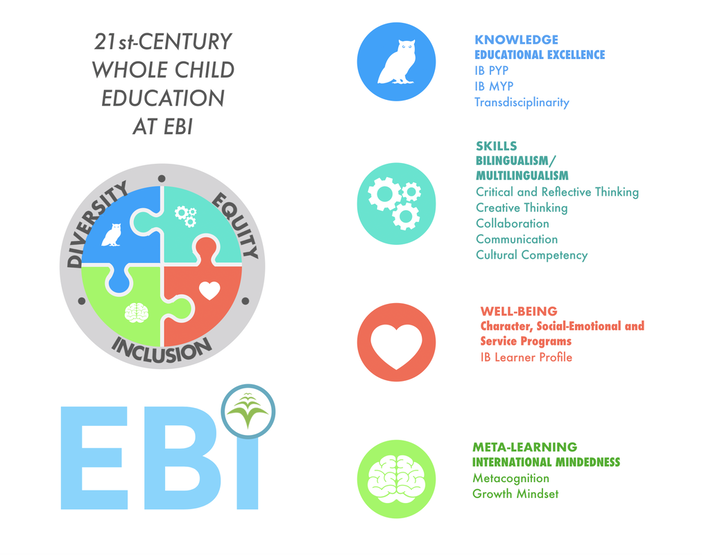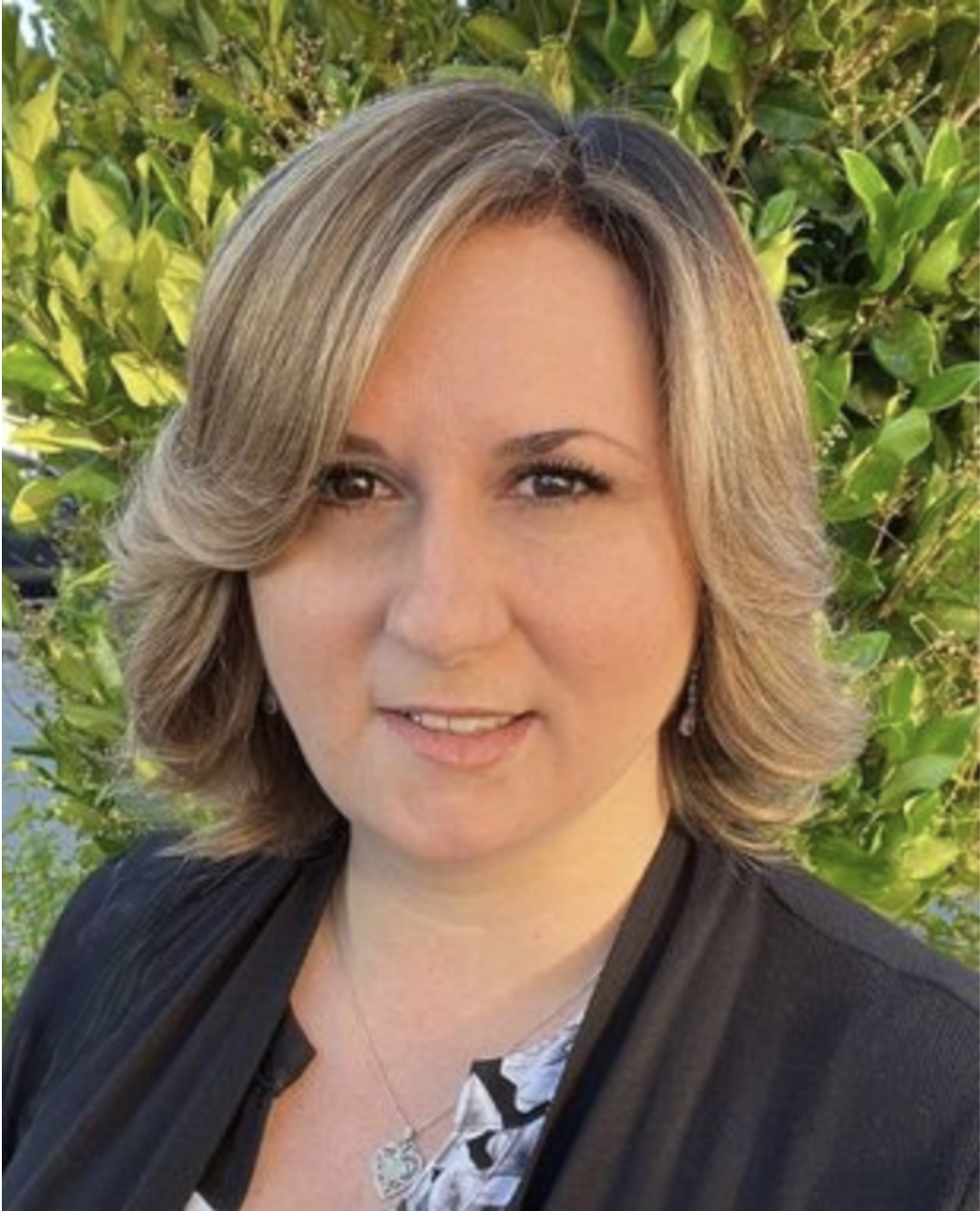|
Leading with Data, Research, and Heart
|
|
Dear EBI Community,
I hope you have had a truly wonderful and joyful holiday break. Thanksgiving is not a holiday we celebrate in Lima, Peru, where I grew up. However, gratitude and thankfulness have always been core values in our family. As such, I have learned to be a more reflective thinker and striven to become more mindful of the present moment. In this way, I am able to consistently recognize and appreciate those around me by letting them know how very grateful I am to have them in my life. A year ago, on this same holiday weekend, I had the first interview for the Head of School position at EBI. A few weeks later, I had the fantastic opportunity of visiting the school as a finalist, and shortly thereafter, the extraordinary honor of being offered this position. Today, during this time of thanksgiving, I want to express my most heartfelt gratitude for the extraordinary gift of being EBI’s Head of School and a part of this community. Wholehearted thanks to each and every one of you for so much inspiration and joy these past five months! Thank you very much for your incredible generosity, sincere dedication, and unwavering commitment to working together to advance EBI’s mission to new levels of excellence. I continue to be inspired every day by how students, faculty, staff, trustees, and families embody the EBI values and attributes of the IB Learner Profile. My heart is also filled with deep gratitude because thanks to each of you, every day is a joyful and beautiful day for teaching and learning at EBI. Most importantly, I am beyond grateful for your continued trust and support, and immensely proud of all that we are accomplishing by working together. I can’t wait to celebrate all the additional successes to come as we continue to collectively write the next chapter of EBI’s story together. Wishing you and yours joy, love, and happiness today and always. ¡Mil gracias de todo corazón!
0 Comments
My previous blog entry focused the research-based educational framework that would guide our vision and work going forward as we write EBI’s next chapters together. This framework calls for four dimensions of learning to prepare future-ready students: knowledge, skills, character, and meta-learning. The aim of the model is to highlight the urgent need of educational institutions to prepare students for an unpredictable future in this rapidly changing world. This is exactly why I strongly believe that as the world becomes smaller due to globalization, EBI will continue to become bigger, stronger, and more relevant because of its mission and core values. I am incredibly excited to share the EBI vision for 21st-Century Whole Child Education, which was also aligned with input from faculty and staff (Figure 2). The vision synthesizes the outstanding work that the faculty and staff have already been doing around the four dimensions of the aforementioned framework, while also providing clear direction towards advancing the mission and building in specific areas. Likewise, the EBI model spotlights the extraordinary story and value of our school. Below, you can find the initial iteration of our model. © 2019 Paola V. Clark for Escuela Bilingüe Internacional. All Rights Reserved. EBI’s mission, values, and programming are not only in complete alignment with the research-based educational framework for 21st-century education, but are also more extensive and comprehensive. From our model, we can clearly see how each of the four dimensions of learning is supported by our core values, IB PYP and MYP programs, and enhanced by our immersion and multilingual pedagogies. Together, they provide the teaching and learning approaches used at EBI to develop the knowledge, skills, attitudes, and beliefs necessary. One clear distinction is that our model has an additional fifth component: the diversity, equity, and inclusion (DEI) continuum as an overarching frame for our entire educational approach. I eagerly look forward to sharing in more detail the work being accomplished to successfully attain our vision-guided journey to 21st-century teaching and learning throughout the school year. For more information, please read the message shared via Constant Contact on Sunday.
Thank you for the privilege of being a part of your child’s educational journey. EBI is committed to delivering educational excellence by taking action to address the programmatic needs of today and those that are yet to come tomorrow. Teaching and learning at EBI is distinctively engaging, global, and inspiring. I am very proud of the pages that we have written together thus far and beyond excited for what we will continue to accomplish by collaboratively working together. |
Dr. Paola V. ClarkInternational Educational Leader Archives
September 2023
Categories |


